Unnat Bharat Abhiyan (UBA), a flagship program initiated by the Ministry of Human Resource Development (MHRD), Government of India, envisions transformative change in rural development processes by engaging knowledge institutions. It offers a unique opportunity for faculty and students from higher educational institutions to collaborate with rural communities, identifying challenges and co-creating sustainable solutions. This blog explores the significant progress made by Fortune Institute of International Business (FIIB) in the five adopted villages of Ghittorni, Kusum Pur, Chhawala, Kapashera, and Sambhalka.
Understanding Local Needs
FIIB’s journey began with meticulous site visits, surveys, and interactions with villagers and gram panchayat members. These efforts aimed to identify critical need gaps, forming the foundation for a comprehensive action plan aligned with the United Nations Sustainable Development Goals (SDGs) – specifically, SDGs 4 (Quality Education), 5 (Gender Equality), and 8 (Decent Work and Economic Growth).
Alignment with SDGs:
Quality Education (SDG 4)
Vocational Training Courses in Collaboration with NGO: FIIB recognizes the importance of equipping individuals with relevant skills. The initiative focuses on vocational training courses in collaboration with non-governmental organizations, contributing to SDG 4’s goal of ensuring equitable and quality primary and secondary education.
Women Empowerment Drive: Building and upgrading education facilities that are child, disability, and gender-sensitive align with SDG 4’s mandate for safe, non-violent, inclusive learning environments. The “Women Empowerment Drive” further reinforces this commitment.
Capacity Building Initiatives: FIIB’s “Capacity Building Initiatives” for early childhood development, care, and pre-primary education ensure that all children are prepared for primary education by 2030.
Gender Equality (SDG 5)
Women Empowerment Drive & Financial Literacy: FIIB actively contributes to SDG 5 by undertaking reforms that grant women equal rights to economic resources and promote financial literacy. The use of enabling technology in capacity-building initiatives reinforces women’s empowerment.
Decent Work and Economic Growth (SDG 8)
Government Documentation for Each Citizen: In line with SDG 8’s goal to reduce the proportion of youth not in employment, education, or training, FIIB’s initiative focuses on ensuring government documentation for each citizen, facilitating access to opportunities.
Weekend Skill Development Camp in Adopted Village: Strengthening the capacity of domestic financial institutions, FIIB organizes weekend skill development camps in adopted villages, promoting economic growth and expanding access to financial services.
FIIB’s engagement with Unnat Bharat Abhiyan is a testament to its commitment to rural development. By aligning activities with SDGs 4, 5, and 8, FIIB addresses immediate challenges and contributes to the broader vision of building an inclusive India. The journey towards transformational change in rural India is ongoing, and FIIB’s efforts serve as an inspiring model for higher educational institutions looking to make a meaningful impact on society.








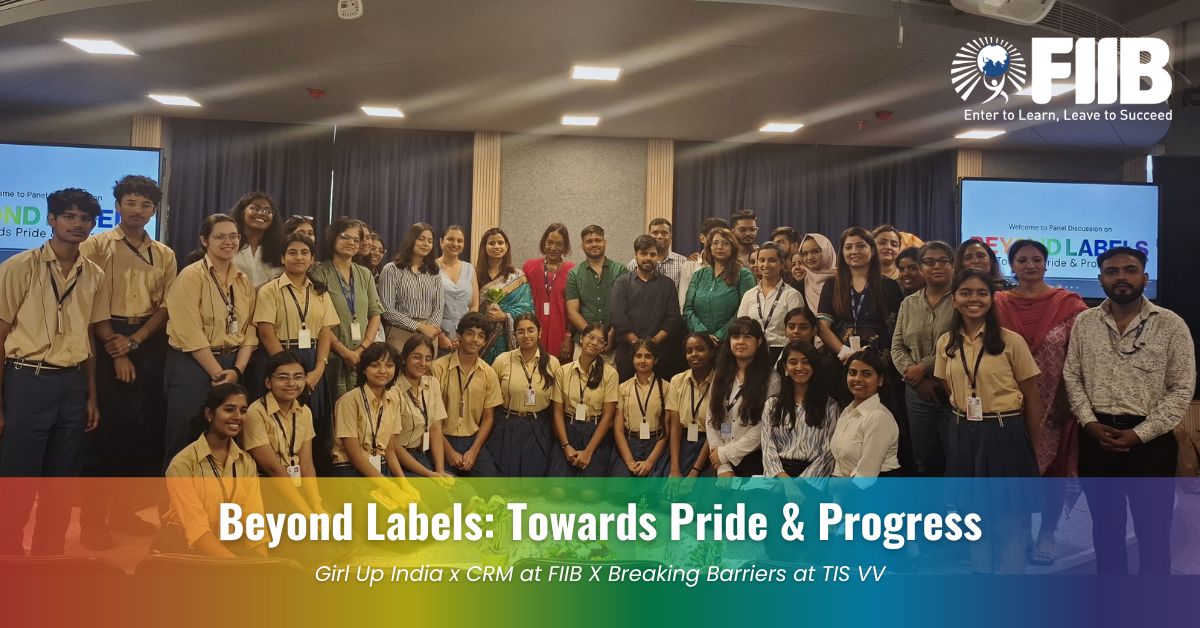
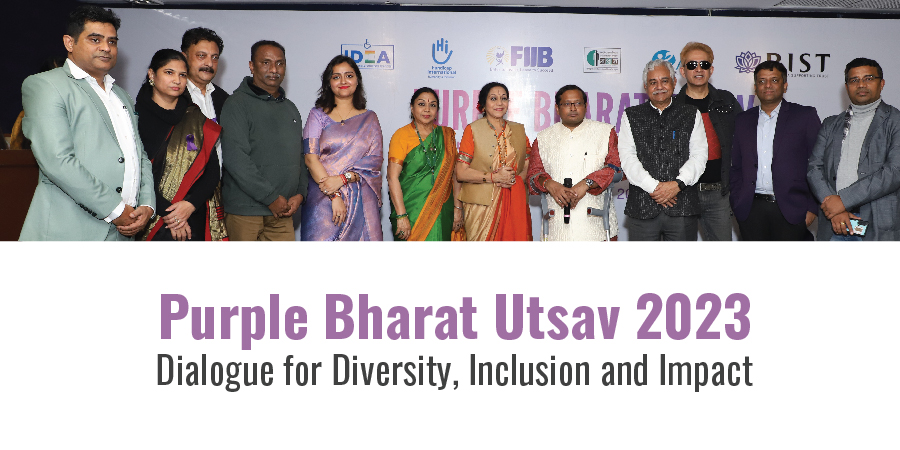
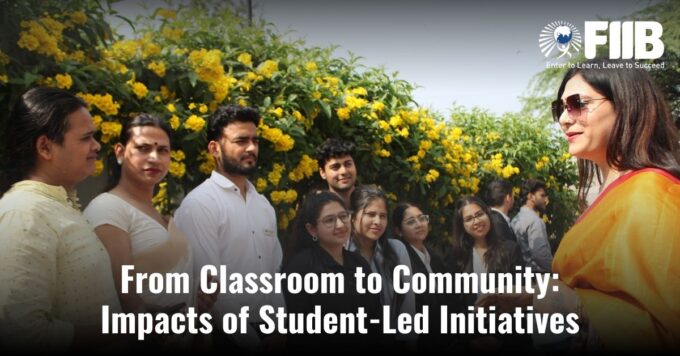
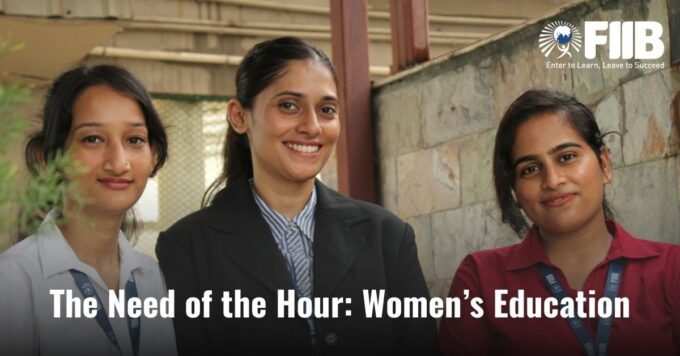


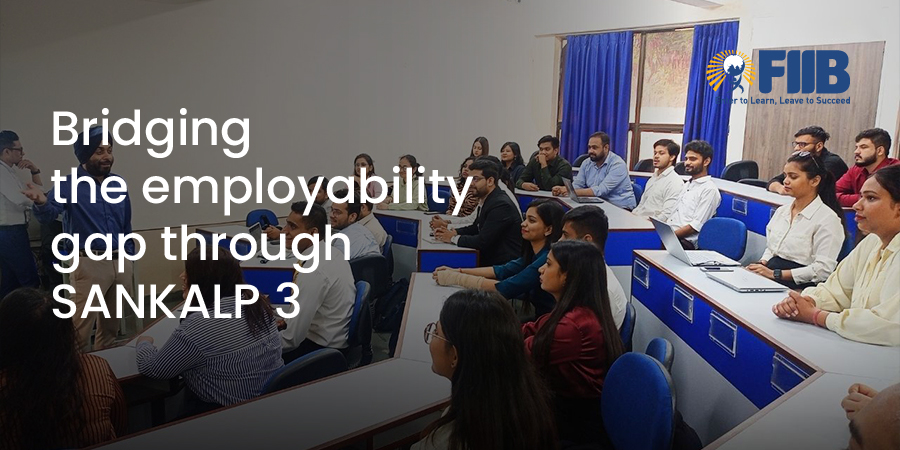


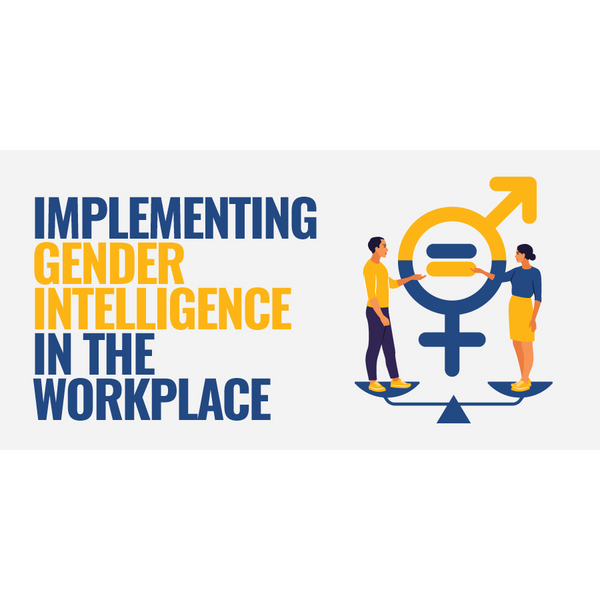
Leave a comment